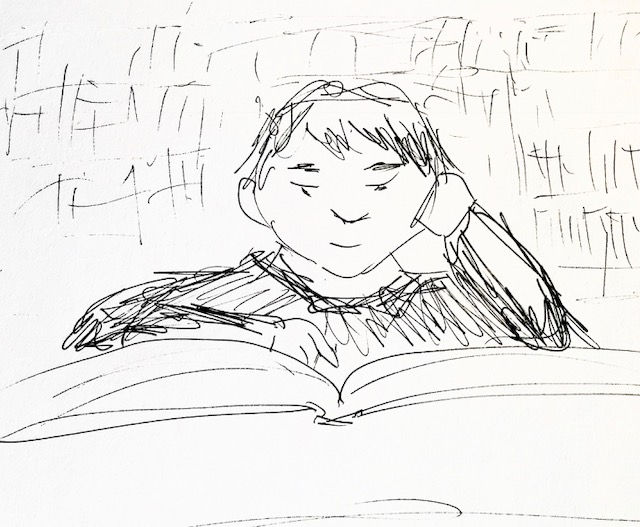I won’t tell you how long ago it was since I started university as an undergraduate. Many things are still the same especially the mix of emotions that can go with embarking on a three or four year degree. I was really excited and also scared of the many new people and experiences coming my way. That kind of fear tends to accompany all worthwhile and challenging new experiences.
For students with physical disability, long-term illness, mental health issues or learning disabilities, the challenge can be even greater but whatever your experience of school, there is a chance to reinvent yourself at University. You will meet many more people – not all of them the same age as you – and even those people you did know at school will change more in a year at University than you might recall at school. This idea of lots of new people can be daunting but it brings with it the opportunity to find the people you are most likely to relate to.
How do you find those people? When I went to university, I was 25 – ancient eh? I found that a couple of the other new students I met during Freshers Week seemed to seek out others their own age when they learned how old I was. I felt a little lonely in the first weeks but it wasn’t long before I was able to find other ‘mature students’ through the Mature Student Society and make new friends. A few weeks more and I had friends who were the age of the first students I met who were shy of older students.
Disabled students
If you are a disabled student then you may have some extra requirements that need to be met for you to thrive in the University environment and in your studies. The term disability may not seem relevant to you or seem to be about you. There are good reasons why some people dislike the term but it is important to understand what the word means in relation to the Equality Act (2010) because this is the basis of entitlement to certain supports at university. Under the Equality Act you are disabled if you have a long term mental or physical impairment that substantially affects your ability to carry out normal everyday activities. (You can learn more about the Equality Act and disability from our Info Guide.)
What should you do as a disabled student when you are starting university?
Every University has staff dedicated to advising and supporting disabled students. They are likely to be a department with disability in the title (eg Student Disability Service) or you may find that different support staff are together in a department with a name like Student Services or Student Support. Usually a simple search on your University’s website with the term ‘disability’ will show you where you should go. The earlier you can contact them, the sooner you can get set up with what you need. This is especially important if have complex requirements. You can even contact them during the summer to start the process.
Other useful university facilities
There are a number of other places where you can get advice and support or which are generally useful.
- Student’s Union – As well as a hub of social events and information, you can find out about student led advice and support in times of need.
- The Chaplaincy – This can be useful whether you are religious or not. You might find that there are other groups or classes run from there such as Yoga or Mindfulness.
- International Students Office – advisors and services for international students
For study support
- Librarians can help you find your way around your library.
- Subject specific librarians who can help you search for texts which are not on reading lists.
- Information Services can provide IT support and help you get connected to all the university systems.
You may have places called something like ‘Independent Learning’, ‘Academic Development’, ‘Academic Skills’ or ‘Learning hub’. These will often run courses, provide training materials and sometimes individual advice on the study. Don’t forget to check out if your own department runs general study skills sessions too.
Other support
- Counselling Service – providing support if you find you are struggling and linking to other services.
- Career’s Service – can help you with getting jobs while you study as well as career choices after study.
- Financial advisors – can advise you on money matters and help you source financial support in times of particular hardship.
Contact information for scottish university disability services can be found here:
https://www.disabilityscot.org.uk/scottish-university-disability-services-contacts/
Now all that is left for you to do is to enjoy and start on your new adventure! Look out for our new student info guides which we will be releasing soon.
